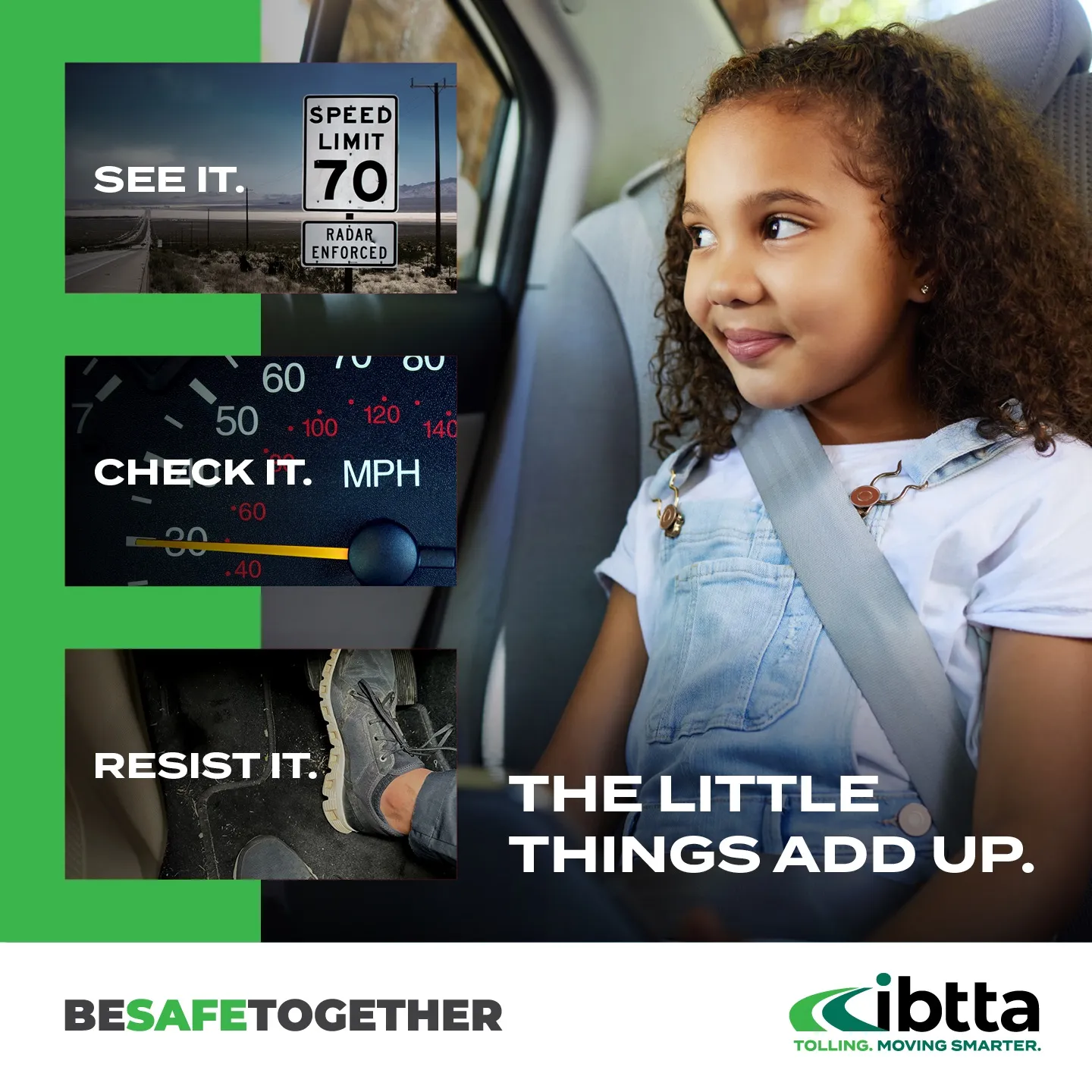A new America THINKS survey from national infrastructure solutions firm
In fact, nearly two-thirds of Americans think using transportation technology that keeps drivers informed is more crucial than eliminating technology that can be distracting.
More broadly, the survey found approximately three in ten Americans think decreasing traffic injuries and fatalities should be the nation’s biggest surface transportation priority, along with decreasing traffic congestion and supporting economic stability/growth.
Many Americans (48 per cent) have used GPS or a public transportation app (16 per cent) in the last 30 days, while one in five has relied on a back-up vehicle camera. Many others (17 per cent) have used electronic tolling or priced-managed lanes (10 per cent) and nearly half of Americans think vehicles will protect the safety of those on roads even more in the next decade.
“This research shows there is huge appeal among Americans for this next generation of automotive and roadway technology,” said Jim Barbaresso, HNTB vice president and national practice leader, intelligent transportation systems. “The introduction of connected vehicles and connected infrastructure over the next two decades will make our industry’s long-term goal of zero fatalities an attainable one,” he said.
Rob Slimp, PE, CEO, HNTB Corporation, said modern connectivity options provide a new paradigm for transportation planners as well as the people who use US roads and rails. “Ultimately, people are going to interact with our transportation networks in a whole new way.”
“With the recent advent of stand-alone automotive safety features, car sharing services and the futuristic potential of self-driving cars, the true value and opportunity presented by intelligent transportation systems is now beginning to reach the mind of the general consumer,” Barbaresso said.
Many Americans already see the next decade bringing the growth of beneficial technologies like electronic tolling (49 per cent), digitally connected vehicles (36 per cent) and smart roads (26 per cent), but Barbaresso said the real advances on the horizon are even more dramatic.
“Soon vehicles will communicate with each other and with related infrastructure, giving vehicles 360-degree awareness and an ability to sense impending crashes and conflicts,” he said. “Drivers will be alerted to potential dangers and given warnings and alternate routes as appropriate. Better information will mean better decision-making and more efficient use of our existing highway capacity.”
Smart cars, smart roads seen as boosting safety
A new America THINKS survey from national infrastructure solutions firm HNTB Corporation, finds Americans craving more technology to keep them safe and informed when they hit the road. And many Americans would be willing to part with more cash to implement a connected vehicle system, which would allow drivers to be notified about road conditions and potential dangers electronically in real-time.
In fact, nearly two-thirds of Americans think using transportation technology that keeps drivers informed is m
August 29, 2014
Read time: 3 mins








